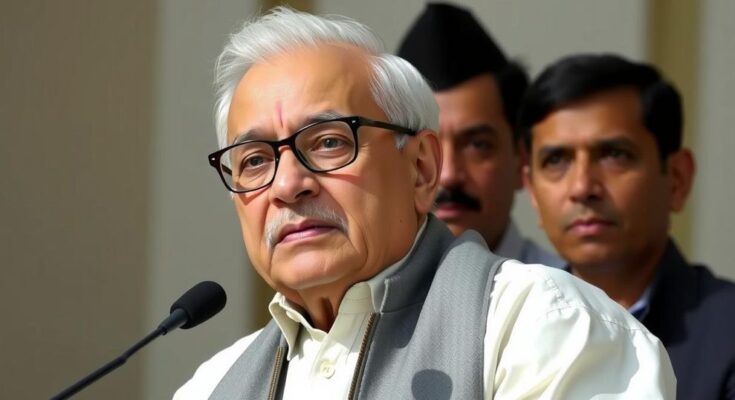Manmohan Singh’s economic policies, influenced by his academic insights, transformed India’s economic landscape. His leadership during the 1991 liberalization prevented bankruptcy and lifted millions out of poverty. Singh’s emphasis on export promotion and competitive pricing through rupee devaluation were key strategies that enhanced India’s economic stability and global standing.
Manmohan Singh’s policies as Prime Minister left a significant imprint stemming from his profound academic insights. His leadership during the economic reform era initiated in 1991 not only averted India’s potential bankruptcy but positioned the nation as an emergent economic force globally. By advocating for liberalization alongside social safety nets, Singh notably improved the living conditions of millions, lifting 271 million individuals out of poverty between 2005-06 and 2013-14.
Singh’s scholarly path commenced with a D. Phil from Oxford University’s Nuffield College, where he was mentored by the eminent economist Prof. Ian Malcolm David Little, who influenced India’s early economic policies. Their collaboration, along with contributions from other international economists, shaped crucial frameworks for India’s five-year plans. This teamwork countered the perception that India’s planning was solely reliant on Soviet-style practices.
Focusing on export-driven growth, Singh’s thesis, “India’s Export Trends and Prospects for Self-Sustained Growth,” highlighted his belief that India needed to pivot from an import-substitution model to embrace export-promotion. He critically analyzed India’s trade policies, questioning factors contributing to stagnant export earnings from 1951 to 1960 and evaluating future potential. Singh argued that sustaining economic viability required a robust push for exports, which he later implemented as Finance Minister.
The devaluation of the Indian Rupee in July 1991 marked a transformative shift that made Indian exports competitive internationally. Singh’s approach included reducing tariffs and availing more opportunities for foreign trade, which eventually led to a significant increase in foreign reserves—from a precarious two-week import coverage in 1991 to $25 billion within four years. His commitment to liberalization, complemented by protective measures for the vulnerable, demonstrated a balanced approach to economic growth.
Singh’s legacy thus reflects a comprehensive economic strategy that intertwined his academic foundations with practical governance, reshaping India’s economic landscape for generations to come.
Manmohan Singh, an influential figure in Indian politics and economics, served as Prime Minister and was pivotal during a crucial period of economic reform starting in 1991. His extensive academic background, particularly his studies under renowned economists, informed his approach to liberalizing India’s economy. Singh’s efforts not only avoided impending financial crises but also facilitated a sustained push towards enhancing India’s presence in the global market. His strategies successfully reduced poverty while maintaining growth during his tenure.
In summary, Manmohan Singh’s policies, deeply rooted in his academic background, played a crucial role in revolutionizing India’s economy from a stagnant state to one characterized by growth and resilience. His ability to integrate scholarly insights with pragmatic governance enabled significant poverty alleviation and positioned India as a formidable player in the global economic arena. Singh’s tenure is a testament to the impactful synergy between academic theory and real-world application.
Original Source: www.hindustantimes.com




